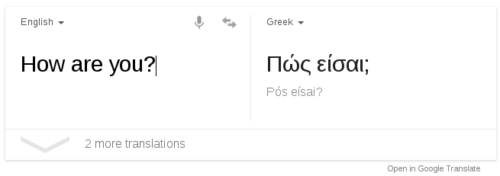Chris Hardie, who works for Automattic, shares his observations on where the power in a distributed organization comes from, versus the traditional one.
In an office setting, I see power and influence gather around…
- The person with the newest, coolest and/or most expensive clothing
- The person with the larger corner office
- The person with the most assistants
- The person with the most impressive sounding title
- The person with the closest parking space
- The oldest, richest, whitest males
- The person who’s allowed to create or interrupt meetings
- The person with the most impressive social and public-speaking skills
- The person who uses their power to get what they want
In a distributed organization, I see power and influence gather around…
- The person who produces output and solutions that exceed expectations
- The person who can connect deeply with colleagues over a distance
- The person who can effectively and concisely articulate their own views and ideas
- The person who helps their coworkers be the best versions of themselves
- The person generous with their understanding of how to navigate the organization’s processes and culture
- The person who can give voice to unrecognized or unspoken truths
- The person who learns fastest from their mistakes
- The person who uses their power to empower others
It’s of course not fair to generalize this way. There are healthy traditional organizations where appearances are not necessarily the basis for power. There are probably unhealthy distributed organizations where power centers around the appearance of lots of activity that produces few good outcomes. But my experience so far is that a distributed organizational structure inherently facilitates an experience of power, empowerment and leadership that is better for the people in it, and for the work they are doing together.
I don’t have much experience working for a distributed organization, but judging by many Open Source projects, which are, in essence, distributed organizations, I’m inclined to agree with the above observations. I wouldn’t be able to put in words so well though.


